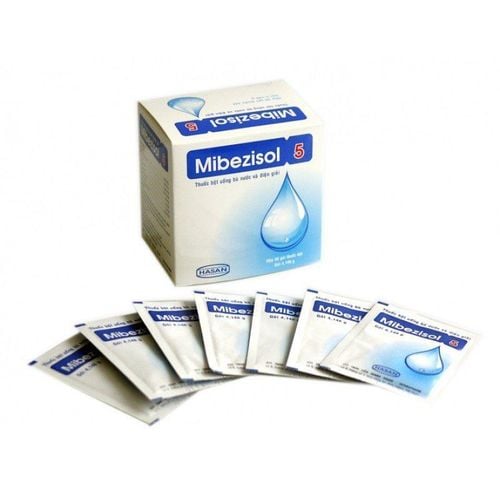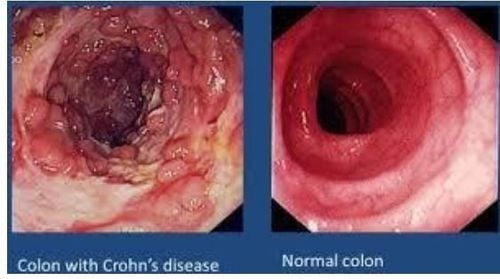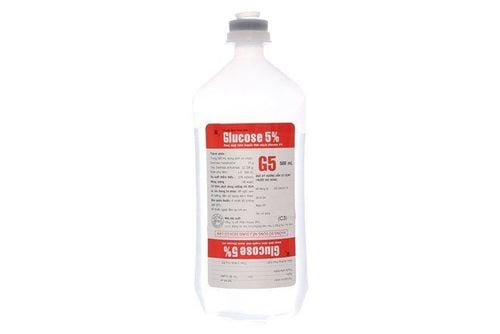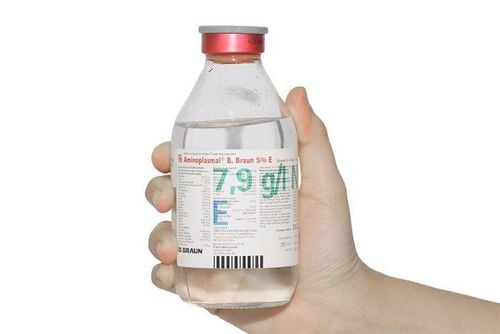This is an automatically translated article.
The article was professionally consulted by Specialist Doctor I Do Van Manh - Emergency Medicine Doctor - Emergency Resuscitation Department - Vinmec Ha Long International General Hospital.Water intoxication from drinking too much water is rare, but it has been seen clinically and has been documented. Symptoms of water intoxication are quite similar to common diseases, so many people do not notice until the condition worsens and have to go to the emergency room. So how is water poisoning understood and how does it affect the health of the patient?
1. What is water poisoning?
Water accounts for 70-80% of body weight and is distributed in most organs such as 75% of the brain, 83% of the blood, 22% of the bones, 75% of the muscles. .. Water plays an extremely important role in life activities such as transporting nutrients and oxygen to feed the body, converting food into energy, helping the body absorb nutrients and remove waste and toxins. out of the body, regulate body temperature... Adding enough water daily helps us maintain a healthy body, studies have shown that we need to drink 2 liters of water every day, but depending on Depending on factors such as living or working environment, each person's work, the amount of water added can be more than 2 liters of water.
MORE: Should you drink 3 liters of water a day?
Although drinking a lot of water is recommended for good health, people should drink only the necessary amount of water and divide it evenly throughout the day. Do not drink too much water in a short time because it will disrupt brain function causing water intoxication. When too much water is put into the body, it will dilute the electrolytes in the blood, especially sodium, leading to hyponatremia, which is dangerous to the patient's life.
In fact, there is no rule as to how much water to drink because the health status, nearsightedness and age of each person are not the same. In general, adults should not drink more than 1 liter of water in an hour, children and the elderly should drink a little less than adults.
SEE ALSO: What is the need for water in children by age?

2. Symptoms of water poisoning you should know
Most of the symptoms of water intoxication are as follows:
Headache Nausea or vomiting Increased blood pressure Confusion Diplopia Drowsiness Muscle weakness and cramps Loss of sensation Stomach discomfort, bloating Severe cases Patients may experience cerebral edema, neurological disorders, coma or death.
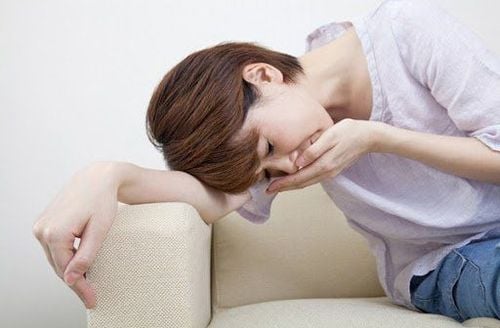
3. Causes of water poisoning
In fact, water poisoning usually occurs when drinking more than 5 liters of water in a short time and this happens very rarely, because most people cannot drink that much water in a short time . However, in some cases, water poisoning can still occur due to participating in programs or competitions to drink a lot of water, practice sports and drink a lot of water due to thirst. During the war, torture in the form of water splashing was also the cause of water poisoning.
In addition to the above reasons, the following are factors that lead to excessive water intake:
People with mental disorders, unable to control themselves, unconsciously drinking a lot of water causing the body to fall into water poisoning without even knowing it. Using stimulants such as ecstasy causes the body to sweat more, leading to drinking more water than usual Babies are often low weight, drinking too much water than the body needs will cause poisoning water occurs. During the treatment of an unconscious person, nutritional supplements through intravenous lines or nasogastric tubes should be carefully controlled to avoid water intoxication because nutrients are used mostly. in liquid form.
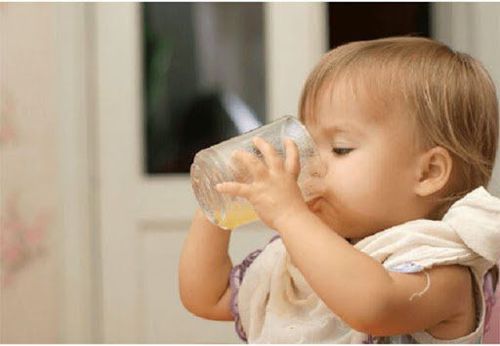
4. How to treat water poisoning?
Water poisoning is treated based on the actual condition of the patient as well as the severity of the symptoms to give the most appropriate treatment:
Reduce the amount of water you are drinking or stop drinking until the body stable body. Use diuretics to flush excess water out of the body. If drinking a lot of water is caused by a medical condition, then the patient must treat that disease. In case of severe hyponatremia, it must be treated with sodium supplementation. Water poisoning is not a common emergency. Besides, this can also be quite a strange concept for many people, because in fact, no one thinks that drinking a lot of water can also cause poisoning. Therefore, everyone should learn and know about how to prevent this condition. For people who practice sports and work in a hot and humid environment all year round, they should regulate their water intake, or use drinks with added electrolytes such as sodium and potassium..
A small note is that if when you go to the toilet, you see that the color of your urine is too clear, this is also a warning sign that you have drank too much water and should adjust your daily water intake.
There is no official standard for how much water a person should drink each day. The right amount of water intake depends on factors such as body weight, physical activity level, climate, health status, gender and age. However, to prevent excess water and water poisoning, you should only drink water as needed, helping to keep the metabolism of water and electrolytes stable.
Please dial HOTLINE for more information or register for an appointment HERE. Download MyVinmec app to make appointments faster and to manage your bookings easily.






